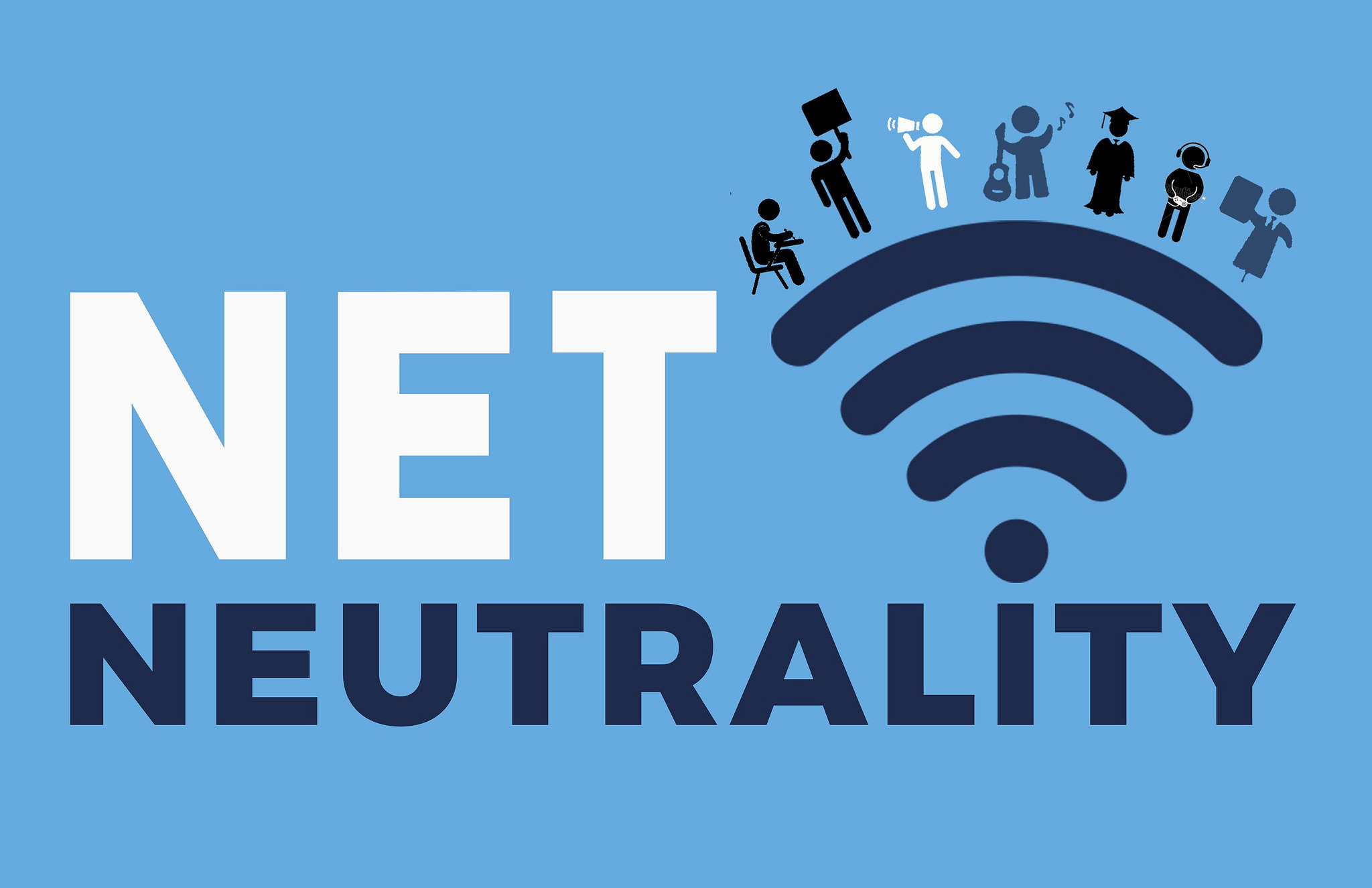Net neutrality is the principle that Internet service providers (ISPs) should treat all internet traffic the same, regardless of content, source, destination, or user. The concept of net neutrality is that all network traffic should be treated equally, without any preference being given to a particular type of data or user. This means that ISPs are not allowed to charge different prices or give preferential treatment for specific types of content or websites.
Net neutrality is an important concept for preserving the open and unrestricted nature of the internet. Without it, ISPs could throttle certain types of traffic or create “fast lanes” for privileged content providers. This could lead to a two-tiered internet, where only those with the resources to pay for faster service could access certain content.
The principle of net neutrality was first proposed in 2003 and has been the subject of much debate since then. In 2015, the U.S. Federal Communications Commission (FCC) issued a set of net neutrality rules in an effort to protect the open nature of the internet. These rules were overturned in 2017, leading to a period of uncertainty about the future of net neutrality.
The concept of net neutrality is a crucial part of maintaining an open and free internet, where all users can access content equally and without interference. It is an important issue that will continue to be debated and discussed in the years to come.





